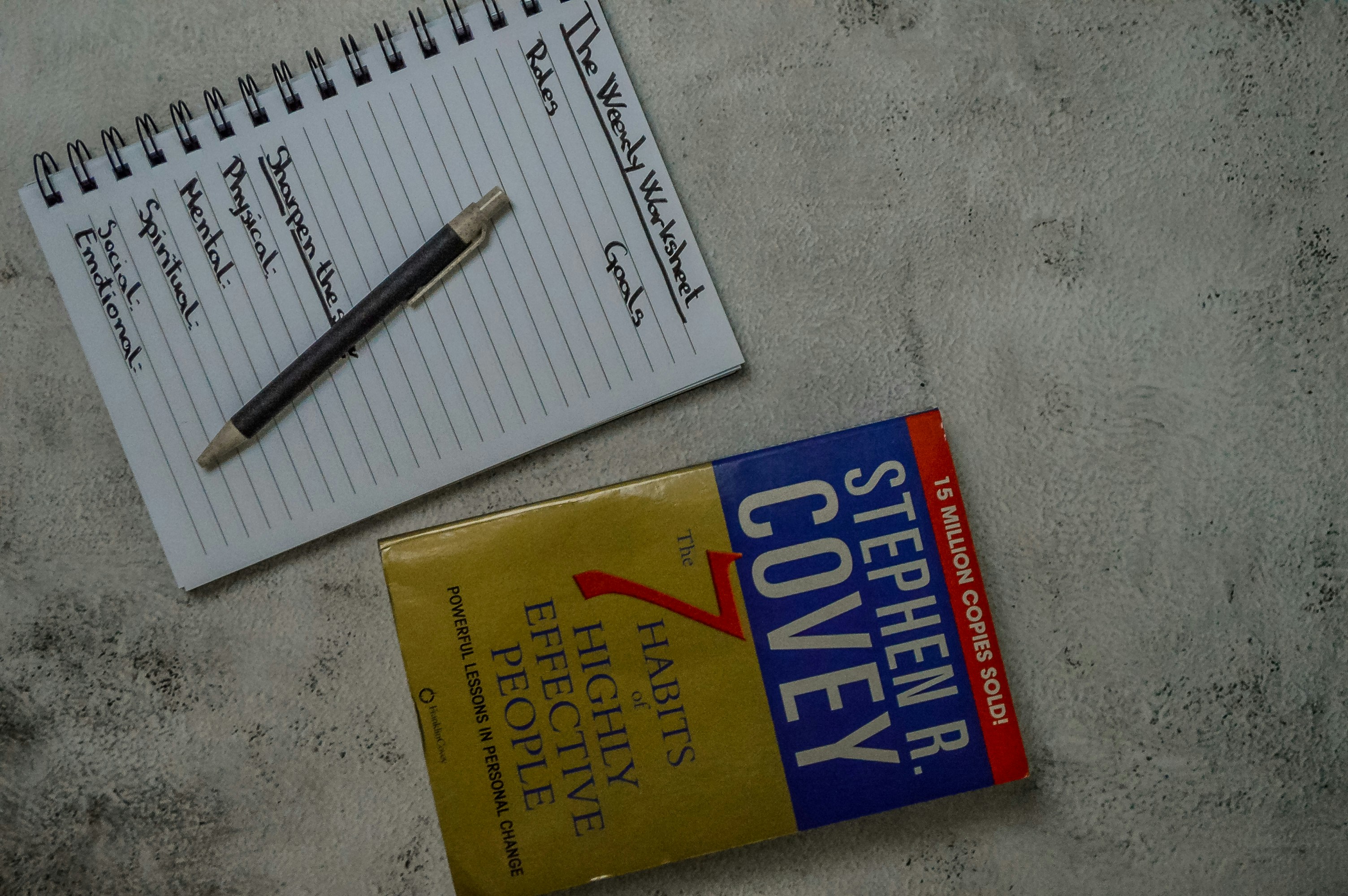I lost track of my weeks sometime along the way. Monday would arrive full of promise, but by Friday, I’d wonder where all the hours had gone. I’d start with high expectations for what I intended to accomplish, yet the most important things rarely got done.
It wasn’t a lack of ambition—it was a lack of direction. I was busy moving, but with no clear path. That’s when I decided to make a change: commit to weekly goals rather than relying only on long-term plans.
This small shift made a bigger difference than I expected. My days became structured, and my weeks focused. Weekly goals helped me prioritize what mattered, while still leaving room for life to happen. Done right, they give you accomplishment, momentum, and clarity. Done wrong, they’re just another list you ignore.
Why Weekly Goals Work So Well
Weekly goals bridge the gap between short-term effort and long-term outcomes.
If you only have yearly or monthly goals, it can be tiring to connect daily actions to something so far away. On the other hand, focusing only on today’s tasks can make you lose sight of the bigger picture.
Seven days is the perfect balance—short enough to stay motivated, long enough to make real progress.
Research by the American Psychological Association shows that short-term goals boost motivation because results come faster. That sense of progress keeps you going, even when things get tough.
How to set weekly goals
1. Choose What Matters Most
Before you write anything down, think about what’s truly important in the week ahead. Without this, your goals risk becoming just a random list of tasks.
Look at the bigger aspects of your life: work, health, personal growth, relationships, self-care, rest.
It’s tempting to focus on everything at once, but your attention is limited. Concentrating on one or two key areas gives you the best chance of success. You’re not neglecting other parts of life—you’re just protecting your energy for what matters most.
This approach also ties into goal-setting theory, which shows that you’re more motivated when your goals align with your values and long-term vision (University of California).
Read also: 7 Key Areas of Your Life to Set Goals
2. Be Specific
Big, vague goals like “be more productive” or “get healthier” sound nice but don’t point you in a clear direction. If you can’t measure it, you won’t know if you’ve succeeded.
Instead of saying “work on my project”, decide exactly what you’ll achieve by week’s end.
Specificity makes it easier to break goals into smaller, daily steps. One proven approach is the SMART method, which stands for Specific, Measurable, Achievable, Relevant, Time-bound. You don’t have to apply it rigidly, but considering these points strengthens your weekly goals.
Read also: 8 Habits of People Who Always Reach Their Goals
3. Keep It Realistic
It’s easy to overload yourself with goals, but that often backfires. Too many priorities scatter your focus, and you risk completing none of them.
A few well-chosen goals give you the space and attention to actually finish them. One week isn’t a long time, and unexpected events will come up. Leave room for flexibility.
Read also: 6 Visualization Exercises for Manifestation
4. Break Goals into Action Steps
Even inspiring goals can feel overwhelming if you don’t know where to start. The solution: break each one into small, clear, actionable steps.
Define how and when you’ll complete each step. This removes uncertainty and makes progress easier. Plus, checking off tasks along the way gives you a satisfying boost.
5. Schedule Your Goals
Writing your goals down is a start—but you also need to make time for them. If you don’t schedule them, they’ll be pushed aside.
Block out time in your calendar, and treat these blocks as non-negotiable appointments with yourself. Choose times that match your energy—tackle focus-heavy work when you’re alert, and lighter tasks when your energy dips.
6. Review Your Week
At the end of each week, take a few minutes to reflect:
-
What went well?
-
What got in the way?
-
Were you too ambitious, or did unexpected events interfere?
This isn’t about judging yourself—it’s about learning. Over time, you’ll get better at setting goals that fit your life and adjusting your approach to stay consistent.
7. Start Small, Then Build
Like any skill, goal-setting improves with practice. Begin with just one main goal for the week, then increase as it becomes second nature.
The more you practice, the more natural it feels—eventually, it becomes part of your routine.
8. Stay Flexible but Committed
A week can bring many surprises—good and bad. Flexibility means adapting without abandoning your overall aim.
Commitment doesn’t mean perfection—it means taking steps, even small ones, until the week ends. You might move slower than expected or face obstacles, but you’ll still be moving forward.
9. Don’t Wait for a New Month or Year
You don’t need January 1st to start living with direction. Weekly goals give you a sense of control, focus, and progress.
Over time, they help you build habits, hit bigger milestones, and live more intentionally. The best part? You can start right now.
Decide what you want the next seven days to look like—and take the first step today.
Save the pin for later



